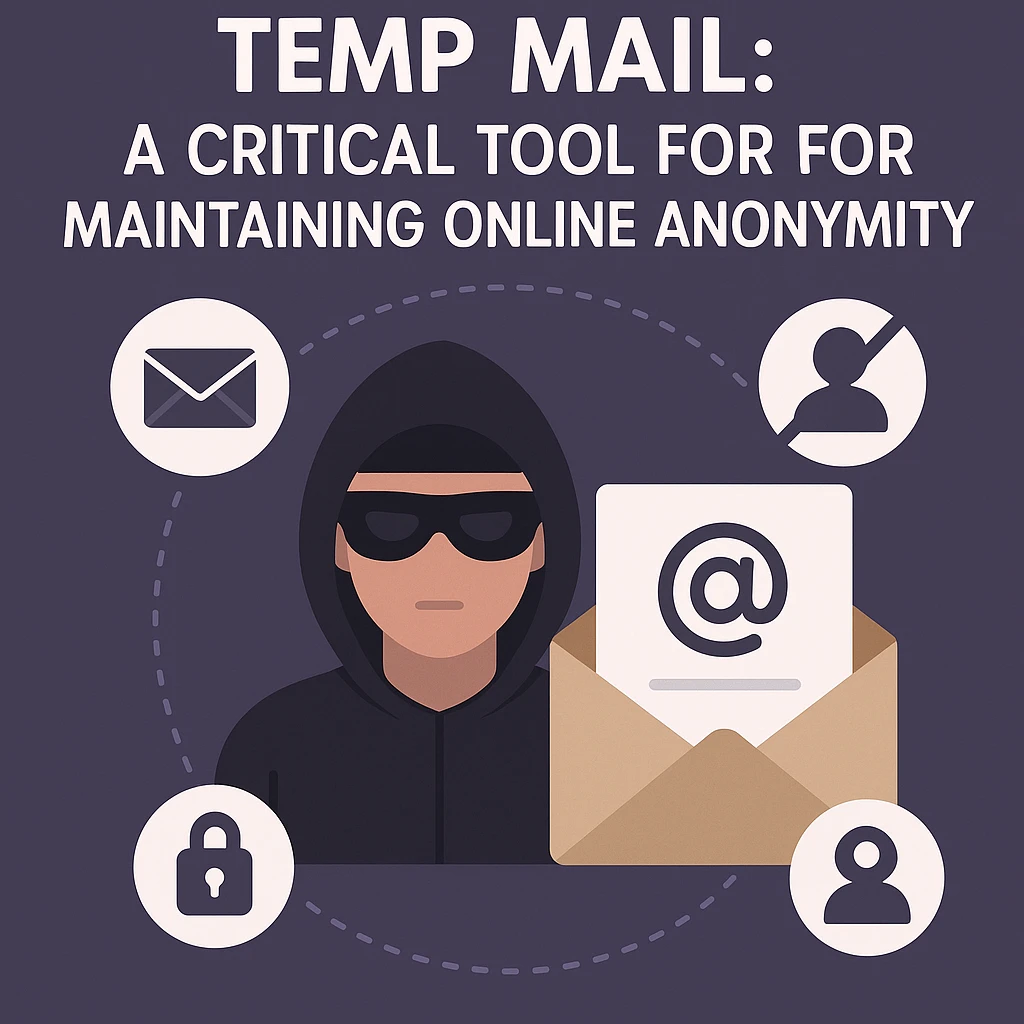As the use of cryptocurrencies increases, protecting digital assets has emerged as a major concern for traders and investors. In order to safely store, send, and receive bitcoins, crypto wallets are essential. But not all wallets are created equal; some put security first, while others offer convenience.
The two primary categories of cryptocurrency wallets—hot wallets and cold wallets—will be discussed in this blog, along with their functions, advantages, and disadvantages, as well as how to pick the one that best suits your requirements.
What is a Crypto Wallet?
A digital tool called a crypto wallet enables users to send, receive, and store digital assets such as Ethereum (ETH), Bitcoin (BTC), and others. Private keys, which are necessary for managing and gaining access to cryptocurrency holdings, are kept in crypto wallets as opposed to traditional wallets that carry actual cash.
How Crypto Wallets Work
Coins are not kept in cryptocurrency wallets. Rather, they hold the private and public keys that provide access to assets based on blockchain technology.
-
Public Key – Acts like a bank account number; it's used to receive funds.
-
Private Key – Acts like a password; it must be kept secret as it grants full control over funds.
Wallets interact with blockchain networks to track balances and facilitate transactions.
Types of Crypto Wallets
Crypto wallets fall into two main categories:
1. Hot Wallets (Online Wallets)
A hot wallet enables instant access to cryptocurrencies and is linked to the internet. These wallets are frequently used for everyday transactions and trade.
2. Cold Wallets (Offline Wallets)
By keeping cryptocurrency offline, a cold wallet reduces its susceptibility to hackers and other online dangers. These are perfect for improved security and long-term storage.
Let’s dive deeper into both types.
Hot Wallets: Features, Pros, and Cons
What is a Hot Wallet?
A hot wallet is a cryptocurrency wallet with an internet connection that makes transactions quick and simple. These wallets are typically offered as browser extensions, desktop programs, or mobile apps.
Types of Hot Wallets
-
Web Wallets (e.g., MetaMask, Trust Wallet, MyEtherWallet)
-
Accessible via a browser extension or website.
-
Convenient for DeFi (decentralized finance) transactions.
-
Risk: Vulnerable to phishing and hacking attacks.
-
-
Mobile Wallets (e.g., Trust Wallet, Coinbase Wallet)
-
Apps installed on smartphones for on-the-go access.
-
User-friendly with QR code support for transactions.
-
Risk: If the phone is hacked or stolen, funds may be at risk.
-
-
Desktop Wallets (e.g., Electrum, Exodus)
-
Installed on a computer, offering better security than web wallets.
-
Risk: Susceptible to malware and keyloggers.
-
Pros of Hot Wallets
✅ Convenient and easy to use – Ideal for regular transactions.
✅ Quick access to funds – Perfect for DeFi applications and trading.
✅ Supports multiple cryptocurrencies – Multi-asset storage is possible with many wallets.
Cons of Hot Wallets
🚨 Prone to hacking – Because they are connected online, they are susceptible to cyberattacks.
🚨 Less secure for large holdings – For long-term storage, it is not advised.
🚨 Dependent on third parties – Certain wallets depend on centralized servers, which are vulnerable to intrusion.
Cold Wallets: Features, Pros, and Cons
What is a Cold Wallet?
Since a cold wallet stores cryptocurrency offline, it is far more secure from online attacks. For long-term investors who don't require regular access to their money, it's perfect.
Types of Cold Wallets
-
Hardware Wallets (e.g., Ledger Nano X, Trezor Model T)
-
Physical devices that store private keys offline.
-
Require a USB or Bluetooth connection to sign transactions.
-
Best for high-value crypto holders.
-
-
Paper Wallets
-
A printed document containing a private key and a public key.
-
Extremely secure if stored properly but easily lost or damaged.
-
Pros of Cold Wallets
✅ Highly secure – not vulnerable to online dangers like phishing or hacking.
✅ Ideal for long-term storage – Ideal for long-term investors, or HODLers.
✅ Private and self-custodial – No dependence on outside platforms.
Cons of Cold Wallets
🚨 Less convenient – Unsuitable for regular transactions.
🚨 Can be lost or damaged – Money might not be retrieved if a paper wallet or piece of hardware is lost.
🚨 Requires setup knowledge – may be difficult for novices to understand.
Hot Wallet vs. Cold Wallet: Which One to Choose?
Choosing between a hot wallet and a cold wallet depends on your needs, trading frequency, and security preferences.
|
Feature
|
Hot Wallets
|
Cold Wallets
|
|---|---|---|
|
Security
|
Less secure, vulnerable to hacking
|
Highly secure, offline storage
|
|
Convenience
|
Easy to use, fast access
|
Requires manual connection
|
|
Use Case
|
Best for daily transactions, trading, DeFi
|
Best for long-term storage
|
|
Risk Level
|
High (due to internet exposure)
|
Low (no online access)
|
|
Examples
|
MetaMask, Trust Wallet, Coinbase Wallet
|
Ledger Nano X, Trezor, Paper Wallet
|
When to Use a Hot Wallet
-
If you trade crypto frequently.
-
If you participate in DeFi, NFT transactions, or staking.
-
If you need fast access to funds for daily use.
When to Use a Cold Wallet
-
If you’re holding large amounts of crypto for the long term.
-
If security is your top priority.
-
If you don’t need frequent access to your assets.
🚀 Best Strategy: Take use of both! Keep long-term holdings in a cold wallet and regularly used assets in a hot wallet.
Best Crypto Wallets in 2024
Here’s a look at some of the top-rated hot and cold wallets available:
Best Hot Wallets
🔥 MetaMask – Best for Ethereum-based tokens and DeFi.
🔥 Trust Wallet – Supports multiple blockchains and NFTs.
🔥 Coinbase Wallet – User-friendly and secure for beginners.
Best Cold Wallets
❄️ Ledger Nano X – Best hardware wallet with Bluetooth support.
❄️ Trezor Model T – Advanced security features with touch screen.
❄️ Ellipal Titan – Air-gapped hardware wallet with high security.
Security Tips for Crypto Wallets
Regardless of which wallet you choose, follow these security best practices:
🔒 Enable Two-Factor Authentication (2FA) – Adds an extra layer of protection.
🔒 Use a Strong Password – Avoid using simple or reused passwords.
🔒 Keep Private Keys Safe – Never share them with anyone.
🔒 Regularly Update Wallet Software – Ensures protection against new threats.
🔒 Use a Hardware Wallet for Large Holdings – Reduce online exposure.
🔒 Beware of Phishing Scams – Always verify URLs before entering wallet details.
Conclusion
Your unique needs will determine whether you should use a hot wallet or a cold wallet. While cold wallets provide unmatched security for long-term storage, hot wallets enable convenient access for active trading and DeFi participation.
For the best balance between security and convenience, use a combination of both:
-
Hot wallet for everyday use (small funds for trading and transactions).
-
Cold wallet for long-term storage (large crypto holdings).
You can safely traverse the world of digital money and safeguard your cryptocurrency holdings by using a trustworthy wallet and adhering to recommended practices. 🚀




